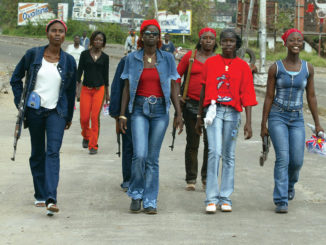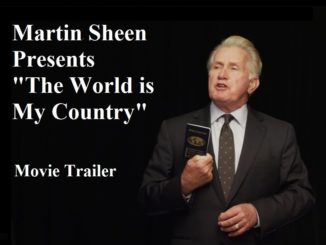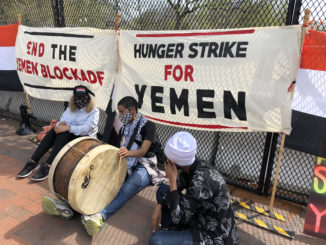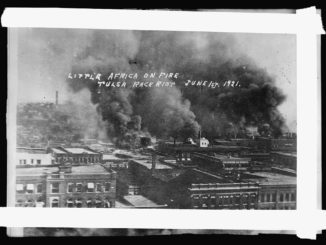
Art and Activism: Danai Gurira’s Play, “Eclipsed,” Is More Relevant Than Ever
Activism and Art are a potent combination for addressing problems that are both enduring and unendurable. The play, Eclipsed, transports the audience into the intimate dwelling of women struggling to survive while living as sexual slaves in a rebel forces encampment at the end of the Liberian civil war in 2003. The story follows a 15-year-old African girl as she escapes from the encampment to become a child soldier in the rebel forces.





